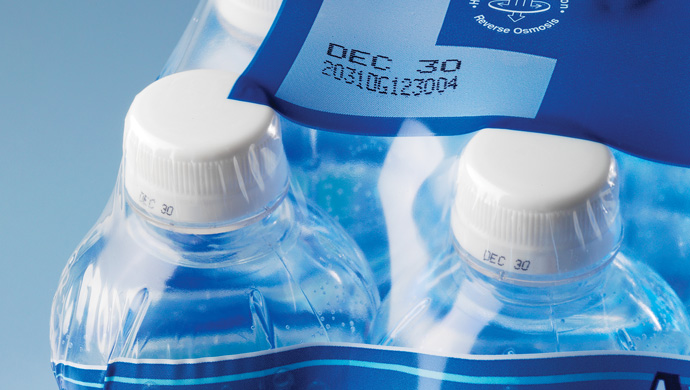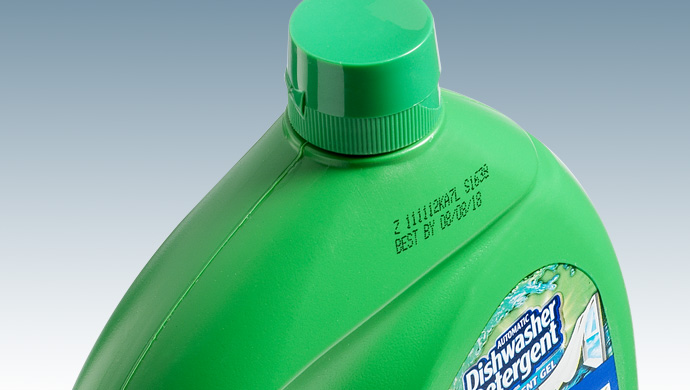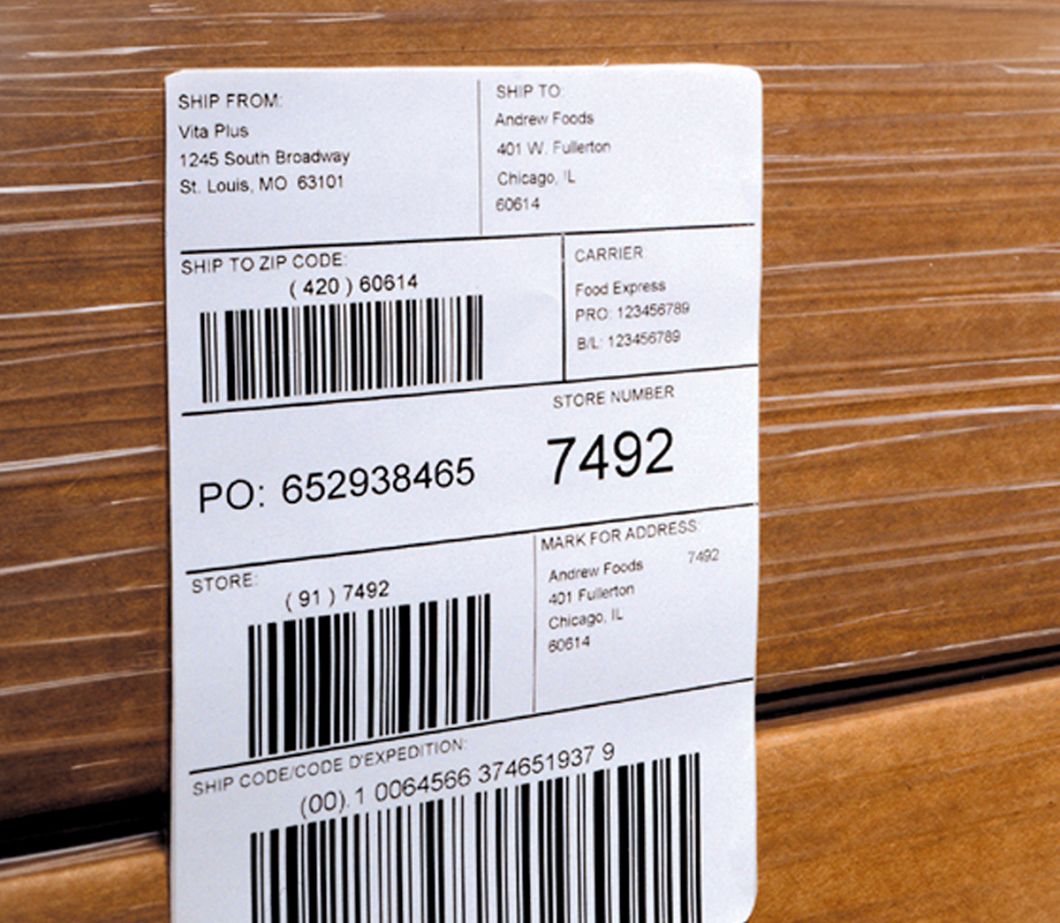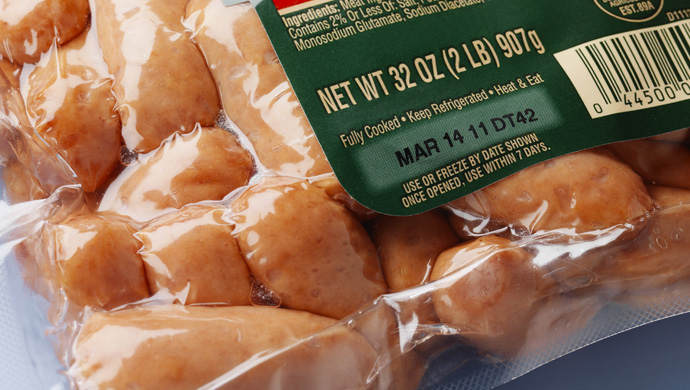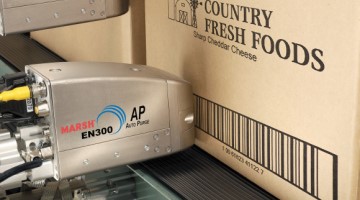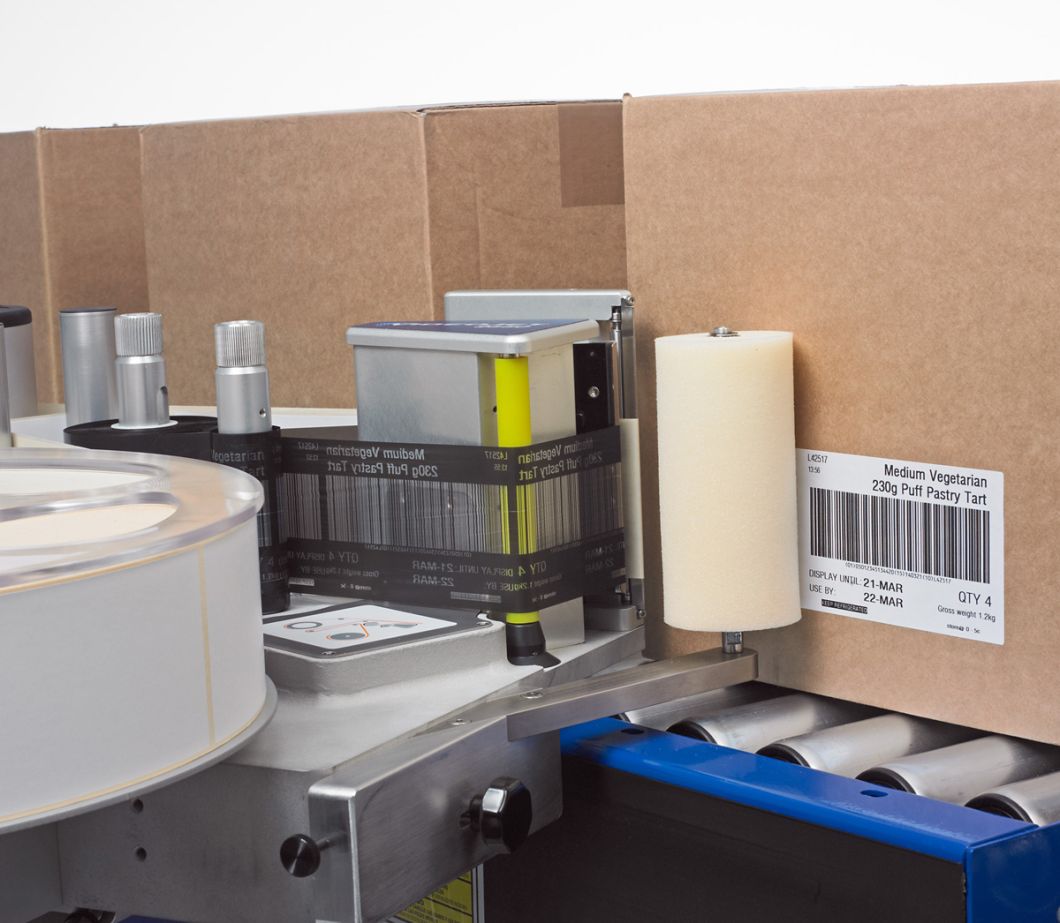Categories
Contact Us
Wraparound labels are flexible labels that are applied in a way that completely encircles the perimeter of a container. These labels are preprinted and usually applied on a production line following filling and capping. They are used almost exclusively with round packaging, including both large and single-serve bottles and jars. They are applied to containers that have usually been designed specifically for the purpose, with designated flat areas that allow the labels to sit evenly on the surface.
Wraparound labels may be adhered directly to the container surface, or they may be sealed at the seam created when the wrap is completed during application to produce a loose but tightly held final label. Adhered wraparound labels are most often used with bottles of household cleaning products such as bleach; loosely held wraparound labels are more often found on soft drinks and water bottles. When the loosely held format is used, containers are frequently designed with ridges around the label area that keep the finished label from shifting on the container.
Wraparound labels, since they extend around the entire perimeter of container, offer brand owners extensive “real estate” for branding of their products, enabling them to include graphic visual images as well as words. This makes them popular for use with brand-sensitive products, from soft drinks to milk and other consumer beverages.
When wraparound labels are marked with production or required regulatory codes and expiry dates, these marks are applied using CIJ (Continuous Inkjet) or laser marking systems following label application.
The most common use of the loose format wraparound label is on both large and single-serve bottles of drinking water and soft drinks. This makes the packaging of these very price-sensitive beverages economical, since the brand owner can use a standard bottle for all varieties of a beverage, relying on the label to carry all branding and required information. The labels themselves also benefit packagers by being very cost-effective, utilizing printing on a low-quality plastic film and a limited amount of adhesive at the seam.
More upscale branded products also use wraparound labels to take advantage of the large area for branding while still benefitting from the advantage of creating distinctive branding on low-cost containers.

